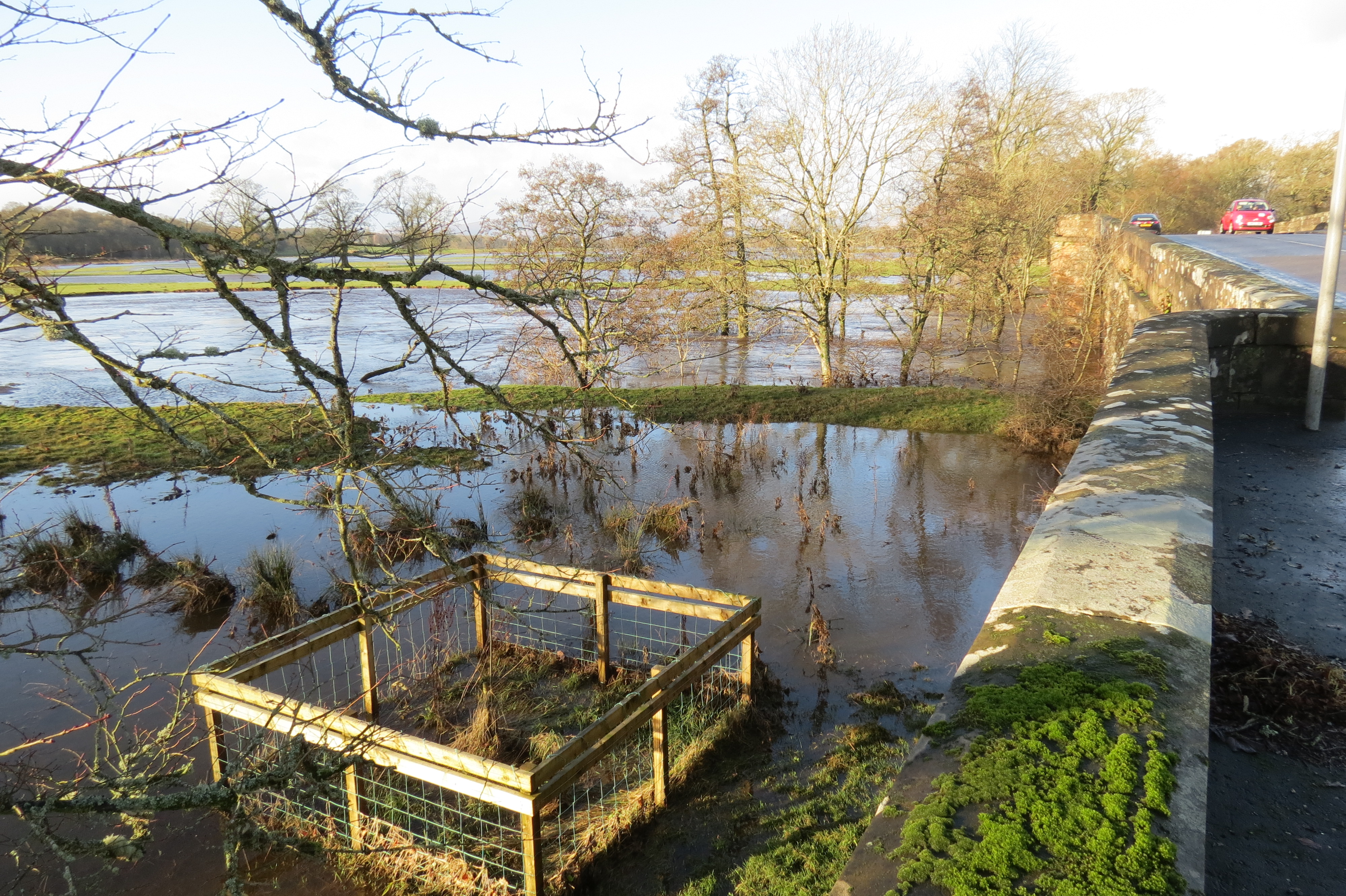Angling on Loch Lomond just reached the front page of the Herald yesterday and a sizeable piece inside http://www.heraldscotland.com/news/14406526.Anglers__ban_on_taking_home_salmon_caught_in_Loch_Lomond_based_on_flawed_figures/. The decision to ban the killing of wild salmon in many areas of Scotland was taken by the Rural Affairs, Climate Change of Environment Committee of the Scottish Parliament (RACCE) on 9th March when they approved the Conservation of Salmon (Scotland) Regulations 2016 (SSI 2016/115). There was publicity at the time about the impact for other parts of Scotland but not Loch Lomond. The regulations also allow Ministers to agree conservation plans with Salmon Fishery Board or, where these do not exist, riparian owners for many of the rivers in Scotland.
The decision appears to have been driven by a threat from the EU to take the Scottish Government to court for not doing enough to protect wild salmon in Special Areas of Conservation. The waters of Loch Lomond are not a SAC but the Endrick Water is.

The new regulations prevent the killing of salmon in “The Endrick Water (being a tributary of the River Leven) and all inland waters which drain, or drain to some extent, to the outflow point (grid reference NS 4262 857) on the east shore of Loch Lomond.” The Loch Lomond Angling Improvement Association has set out its concerns on its blog http://lochlomondangling.com/WordPress/Comments/
I think the issues are complex, and do not have sufficient knowledge if the decision was right or not, but believe it raises some interesting questions about the Scottish Government’s approach to conservation and decision-making:
* the most significant threats to wild salmon as I understand them are not recreational angling but issues like what is happening is to their food sources at sea, coastal netting and farmed salmon (which spread disease and interbreed through escapes). The Regulations have banned coastal netting but what can the Scottish Government do about these remaining major threats?
* the impact of recreational angling, which voluntarily operates a catch and release scheme, is in scheme of things small. Many recreational anglers have also been at the forefront of conservation efforts – there is a long history of volunteers helping monitor salmon numbers on the Endrick – yet the Scottish Government has just like the camping bye-laws, trampled over a group who should be its strongest allies. I wonder if the Scottish Government has thought through the consequences?
* the contrast between the Scottish Government’s preparedness to take action over wild salmon and failure to take action to protect hen harriers and other raptors (which are also protected by EC legislation in Special Protection Areas) is striking. If the Scottish Government had the will it could ban driven grouse shooting, which is the main driver behind raptor persecution, in SPAs until conservation plans had been agreed with every landowner. Furthermore, if the waters outside the Endrick SAC can be subject to a ban, then so could moorland outside of the SPAs – hen harriers and other persecuted raptors are very mobile birds and the only way to protect them in SPAs is also to take action outside the SPA. The Scottish Government has now set a precedent – the question is will they now follow it to protect threatened raptors?
* there were significant differences in the processes used to agree the salmon ban and the camping ban in the Loch Lomond and Trossachs National Parks. The salmon ban was debated and voted on by a Committee of the Scottish Parliament; the camping ban was decided by the Minister alone. While these differences stem the different legislation I wonder how the Scottish Government can justify them? I have always thought that any removal of access rights should require approval of the Scottish Parliament and not be decided, as were the camping byelaws, by the junior Minister in cahoots with the National Park Authority.
* while the junior Minister Aileen McLeod, signed the salmon ban, its interesting that it was her boss, Richard Lochhead the Cabinet Secretary for Rural Affairs who appeared before the RACCE to justify the proposal. Mr Lochhead has avoided making any public statements about the camping bye-laws. How can this be justified?
* the salmon decision shows that a debate in parliament is no longer a guarantee of good decision-making. This was a complex issue, and where issues are complex one would normally expect a range of views, but the voting was entirely on party lines, 5 SNP for the ban, 4 MSPs representing other parties against. What a contrast to how our access legislation was debated in the first Scottish Parliament when there were significant contributions from MSPs of all political parties – that is no longer happening. So, questions abut how we can get good decisions about how land is used in our National Parks, whether for conservation or recreation, feed into much wider questions of how can we get a much more critical and free thinking parliament? Its a question worth putting to candidates for the forthcoming elections to the Scottish Parliament.
* Unfortunately election time can also lead to opportunism. Jackie Baillie, outgoing MSP for Dumbarton, attended the RACCE (she is not a member) and made representations against the angling ban. This is the same Jackie Baillie who sought and had a meeting with Aileen McLeod to press for a camping ban on the shores of the lochs. And who are the largest single group of campers? Anglers!